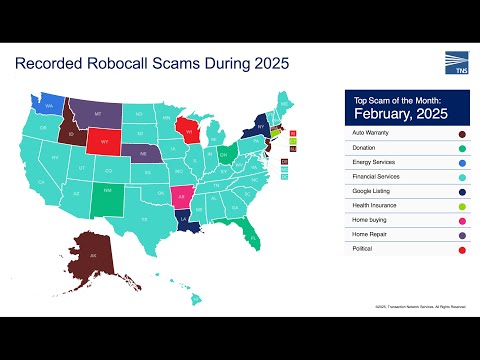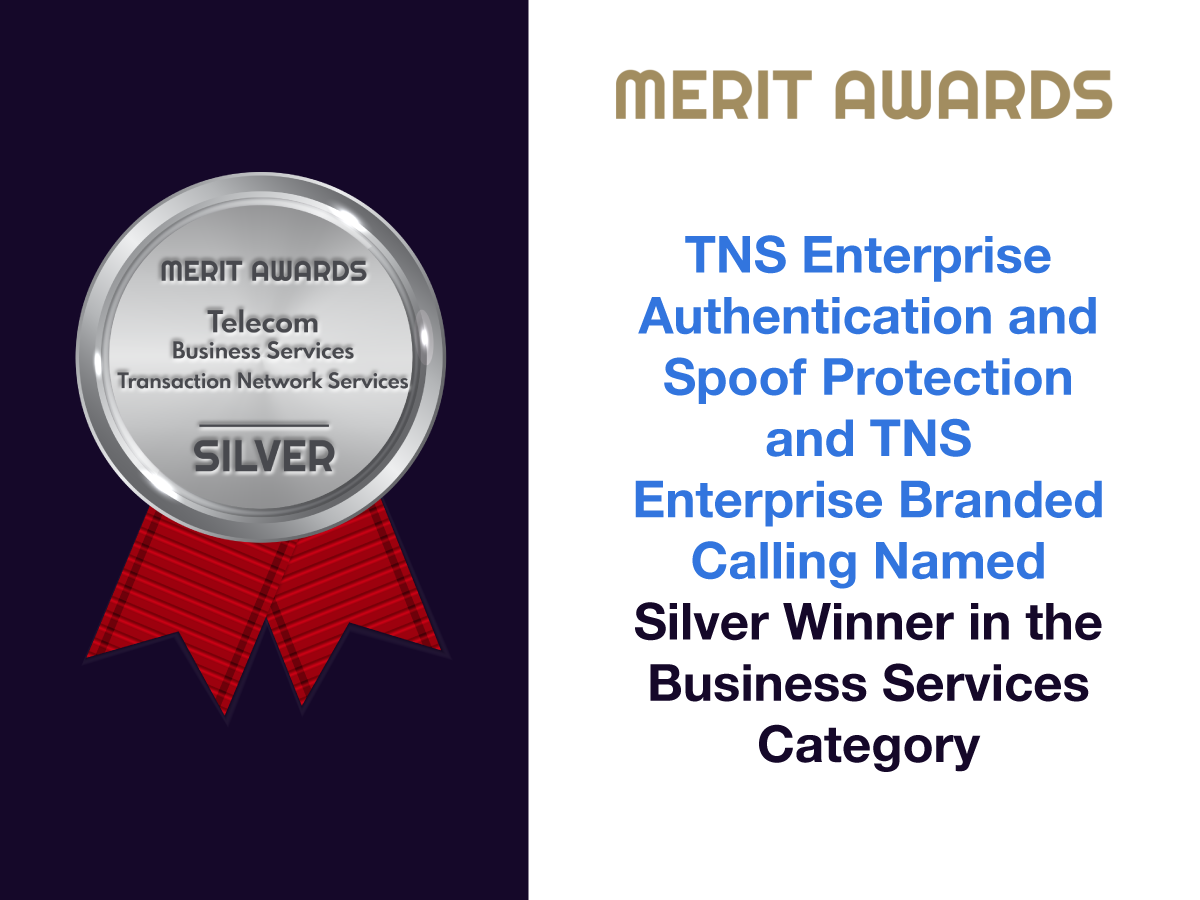Scam of the Month: The Hot Topic of Solar Panel Scams
Why Are Solar Panel Scams Growing?╠²
The number of homes switching to solar power has been growing since the early 2000s. It is projected that . Despite the average upfront cost of $30,000, many Americans see solar energy as a safe investment as the savings on energy bills after installation can be $1,500 on average annually.╠²╠²
So, a call from an energy company offering free installation of solar panels sounds amazingŌĆō if only it wasnŌĆÖt too good to be true.╠²╠²
How Do Solar Panel Scams Work?╠²
Solar energy scams are nothing new as scammers have been conducting these for a while now. The scammer usually makes a call, claiming to be from a solar company, to discuss an alleged unpaid bill, and threatens to turn off your power if payment is not made immediately over the phone. These scams are easy to spot as they will usually include a request for a wire transfer and because solar companies do not threaten their customers.╠²╠²
However, some scammers have updated their tactics and started offering free or low-cost solar panels. Using the Federal Solar Tax Credit as the basis of their scam, bad actors are making phone calls claiming that energy companies are offering a rebate to those who install solar panels to their properties or will install them for free.╠²╠²
Below is a transcript from a real solar panel scammer targeting residents in Oklahoma:╠²
ŌĆ£Since the new energy policy has passed, local contractors are giving homeowners with OG&E and PSO rebates of up to $3,000 to support Oklahoma’s solar program. It won’t cost you a penny out of pocket to switch to solar, and they’ll pay you to do it since it supports our new mandate. To see if your home qualifies, press one.ŌĆØ╠²
Spot Solar Panel Scams╠²
Despite the convincing sounds of these messages, they are unfortunately a scam.╠²
While there is a Federal Solar Tax Credit that has been in place since 2005 with the introduction of The Energy Policy Act, this does not include solar companies paying you a rebate to install solar panels or installing solar panels for free. These programs typically grant you a tax credit, not a rebate.╠²╠²
As of 2025, the Federal Solar Tax Credit is 30% of the cost of a solar system installation.╠²╠²
Red flags to look out for include:╠²
- Supposed solar companies cold calling or soliciting these services╠²
- Any company or organization offering free solar panel installation╠²
- Any company or organization offer a rebate for solar panel installation╠²╠²
- Any call claiming to be from the government or solar company that is pressuring or threating you for information, money, or to accept their offer of free solar panel installation╠²
It is best practice to never engage with unknown numbers and report phone numbers being used by scammers to your carrier.╠²
How To Report Solar Panel Scams╠²
If you believe you are the victim of a solar panel scam, you can report it to your local police, state Attorney GeneralŌĆÖs office and theŌĆ».ŌĆ»ŌČ─»ŌČ─»ŌČ─»ŌČ─»ŌČ─»╠²
Call-blocking apps, including those poweredŌĆ»byŌĆ»├█Č╣╩ėŲĄ Call Guardian┬«, are also a great resource for reporting and blocking unwanted robocalls.
Ready to Learn More?
Discover more about how ├█Č╣╩ėŲĄ robocall protection services help your subscribers and expand your network.
Robocall Heatmap
Discover which scams are most prominent across the US in our nationwide heatmap that plots the state-by-state picture of scams on a monthly basis throughout 2024.

Unwanted Calls Nationwide Snapshot
├█Č╣╩ėŲĄ estimates that more than 74 billion unwanted calls were made in the last 12 months representing a 25% increase over the last 12 months versus the previous 12 months. Unwanted calls increased 0.4% from December to January at 6.4B. This represents an 46% increase from February 2024 to February 2025.
Unwanted calls are comprised of nuisance calls and high-risk calls. The severity of harm of nuisance calls are moderate. The severity of harm for high-risk calls is deemed as a major invasion of privacy that can cause emotional distress.

├█Č╣╩ėŲĄ Heatmap of Originating Unwanted Calls
Top 10 Area Codes for Generating Unwanted Calls – February 2025 |
Top 10 Area Codes for Generating Unwanted Calls – January 2025 |
Top 10 Area Codes for Generating Unwanted Calls – February 2024 |
||||||||||||||||||||||||||||||||||||||||||||||||||||||||||||||||||||||||||||||||||||||||||||||||||||||||||||||||||||||||||||||||||||
|
|
|
├█Č╣╩ėŲĄ Unwanted Call Indices
├█Č╣╩ėŲĄ Calling Trust Index – Last 12 Months |
├█Č╣╩ėŲĄ Complaint Index – Last 12 Months |

├█Č╣╩ėŲĄ Calling Trust Index is a measure of the crowd-source feedback for the unwanted calls that ├█Č╣╩ėŲĄ receives in relation to the total number of calls to a subscriber. The index gives an indication of the consumer trust in voice calling and pulls data from our robocall protection platform ├█Č╣╩ėŲĄ Call Guardian┬«. |
 Complaint Index is a measure of the FCC complaints for the Do-Not-Call List in relation to the total number of unwanted calls seen by ├█Č╣╩ėŲĄ. The index gives an indication to how many consumers are reporting complaints to the FCC relative to the number of unwanted robocalls they receive. |
Take Action for Robocall Protection, go to: ReportARobocall.com
├█Č╣╩ėŲĄ Call Guardian uses real-time call events combined with crowd-sourced data to create accurate and comprehensive reputation profiles differentiating legitimate users from abusive, fraudulent and unlawful ones. Reporting robocall incidents adds important data making our solutions more robust.

Contact Us
Contact ├█Č╣╩ėŲĄ to learn more about how our robocall protection services enhance your reputation and expand your business.
├█Č╣╩ėŲĄ Robocall Investigation Report Mailing List
Request to be added to the ├█Č╣╩ėŲĄ Robocall Investigation Report mailing list today.

























































































